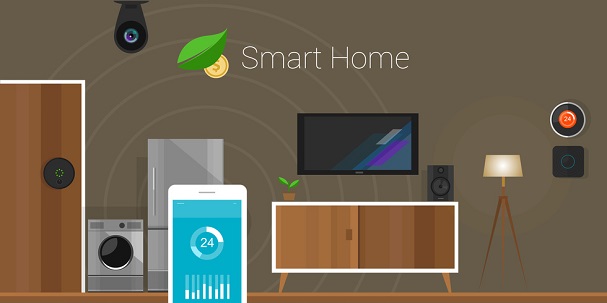The smart home is core to operators’ future and a demonstration of how far they are evolving as communication service providers, a new report has claimed.
ABI Research said it is a critical time for operators as they are being outperformed through rivals’ “aggressive” strategies. Pablo Tomasi, Senior Analyst at ABI Research, said: “CSPs are being threatened in a market increasingly driven by the likes of Google and Amazon with a range of products and services from AI-powered smart home voice control smart speakers to security solutions.”
Tomasi said in order to take advantage of the sector, operators must accelerate their strategies or risk being left behind. He predicted the potential revenue for operators could be worth $11.2 billion by 2022, although the road to those riches will not be an easy one.
[Read more: Consumers will shun operators when buying smart home devices, claims new report]
To take advantage of the market, he advised that operators push beyond traditional offerings, noting some are already doing so. He said: “CSPs are accelerating their strategies for the smart home. Telefonica with Aura, Orange with Djingo, and SK Telecom with Nugu lead the way of CSPs developing AI assistant to support their smart home play. Now is the time for CSPs to be more aggressive in tying the usage of their AI assistants to their other connected and smart home offerings.”
[Read more: DNA to open the door to the smart home at Finnish expo]
He said a solid strategy was the platform approach, noting Deutsche Telekom’s Qivicon solution as one success. It launched in Norway last year before being extended to other markets and now supports more than 250 different devices.
However, he noted that a successful platform needs a wide partner ecosystem and a monetisation model that favours freemium services. Operators’ broad reach within a home through connectivity should give it a built-in advantage to any competitor, he said.
“The smart home is core to the CSPs’ future and it is a real test to assess how far CSPs have developed their business beyond their telco heritage and how they can adapt their bundling business to market condition, experiment with innovation, and compete head-to-head with webscale players,” Tomasi added.



